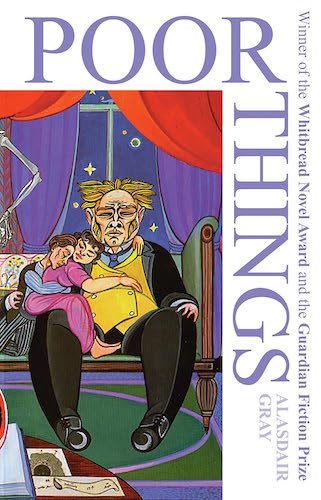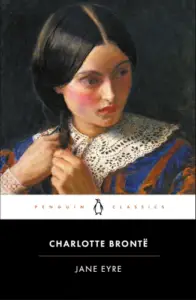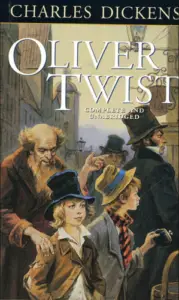Poor Things
Book Author: Alasdair Gray
Summary reviewed by:
Terrence Timmons
Terrence Timmons
Analyst
Bachelor of Arts (BA), University Of California, Santa Barbara 2019
With over 4 years of experience as an analyst. Terrence Timmons is committed to analyzing summaries without compromising on quality.
Poor Things: Summary
Imagine waking to find your life is not just your own but a spectacle for the world's critique. "Poor Things" is Alasdair Gray's masterful concoction, a story swirling in the mists of Glasgow, Scotland, at the turn of the 20th century. Within these pages lies the tale of Bella Baxter - a vivacious woman reborn under extraordinary circumstances. Resurrected by the pioneering, if not ethically dubious, Dr. Godwin Baxter, Bella is thrust into a life that challenges the very essence of what it means to be human. Her adventures, or misadventures, lead her through a society rife with the inequalities of the time, touching on themes of love, autonomy, and the pursuit of knowledge. As Bella navigates her new existence, she encounters a cast of characters each more colorful and complex than the last. Through her eyes, the reader is invited to explore the intricate web of social mores and personal desires that define the human condition. "Poor Things" beckons with the promise of an unorthodox tale, brimming with Gothic intrigue, satirical wit, and a profound exploration of the narratives we construct about ourselves and others.
Spoilers (watch a short ad to reveal spoilers)
Poor Things: Genres
Fiction
Bestsellers
Gothic Fiction
Satire
Postmodern Literature
British literature
Allegorical fiction
Poor Things: Main Characters
Bella Baxter/ Victoria McCandless: Reborn through Dr. Baxter’s experimental surgery, Bella embodies innocence and curiosity. Her zest for life and learning challenges societal norms about women’s roles and intellect.
Dr. Godwin Baxter: A visionary scientist with questionable ethics, Baxter’s creation of Bella questions the boundaries of life and morality. He represents the dangerous allure of unchecked scientific ambition.
Archibald McCandless: Bella’s lover and the primary narrator, McCandless embodies the struggle between passion and moral duty. His loyalty to Bella illustrates the conflicts between personal desire and societal expectations.
Poor Things: Themes
Identity and Creation: The novel delves into the constructs of identity, showcased by Bella’s rebirth and subsequent quest for self-discovery. Her journey challenges the notions of what it means to be truly alive and autonomous.
The Nature of Storytelling: Through the conflicting narratives of Bella and McCandless, Gray explores the subjective nature of storytelling. The differing accounts invite readers to question the reliability of narrators and the power of perspective.
Ethics and Morality in Science: Dr. Baxter’s experiments with life creation spark debates on the moral implications of scientific advancement. The novel questions the ethical boundaries of human experimentation and the consequences of playing god.
Social Critique: Set against the backdrop of Victorian Glasgow, the story critiques the era’s social inequalities and gender roles. Bella’s unconventional actions and independence serve as a foil to the restrictive norms of her time.
Poor Things: Methodology
In our endeavor to illuminate the intricate tapestry of "Poor Things," we leaned heavily into synthesizing content, expert analysis, and quality and integrity. Delving deep into Alasdair Gray's labyrinthine narrative, our seasoned team unearthed the novel’s quintessential themes—identity, the art of storytelling, and the ethical quandaries of science—each echoing the broader human condition. These findings were meticulously distilled, ensuring our summary resonated with both the spirit and substance of Gray's work. This rigorous approach, underscored by a commitment to editorial excellence, guarantees that our insights not only reflect the novel's essence but also enrich your understanding of its complex moral and philosophical underpinnings.


Poor Things
Date Published: January 1, 2002
Disclaimer: As an Amazon Associate I earn from qualifying purchases.




